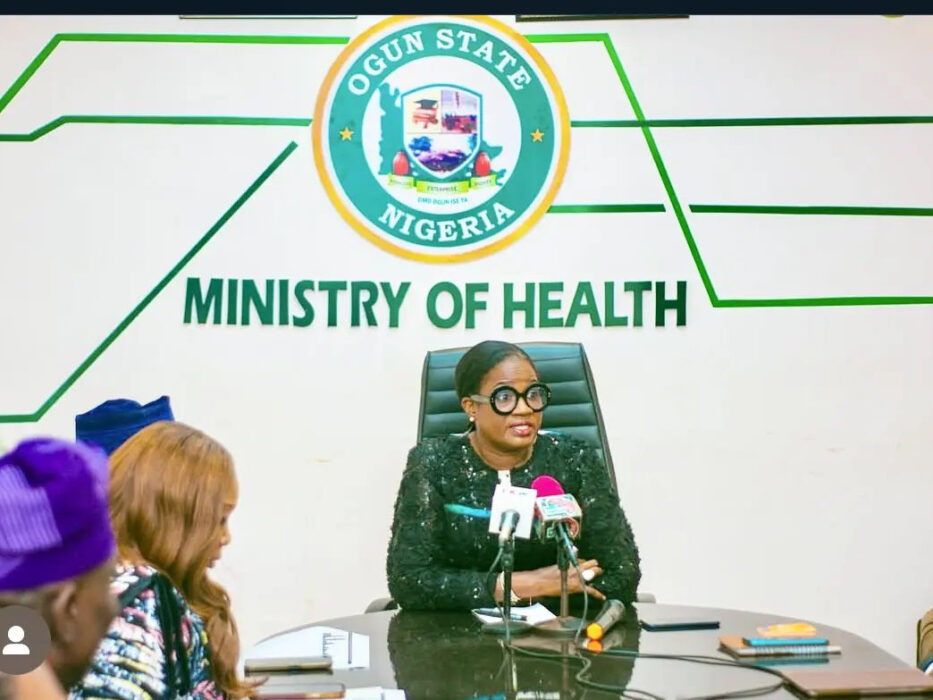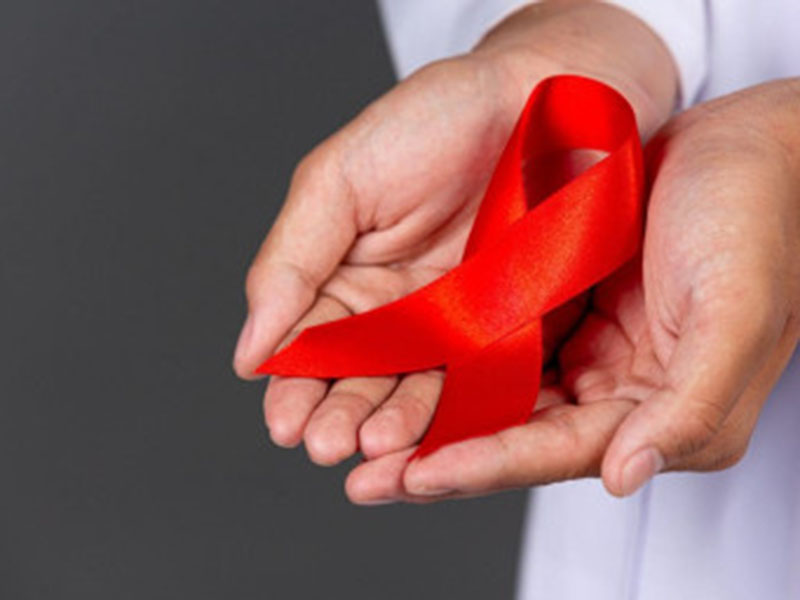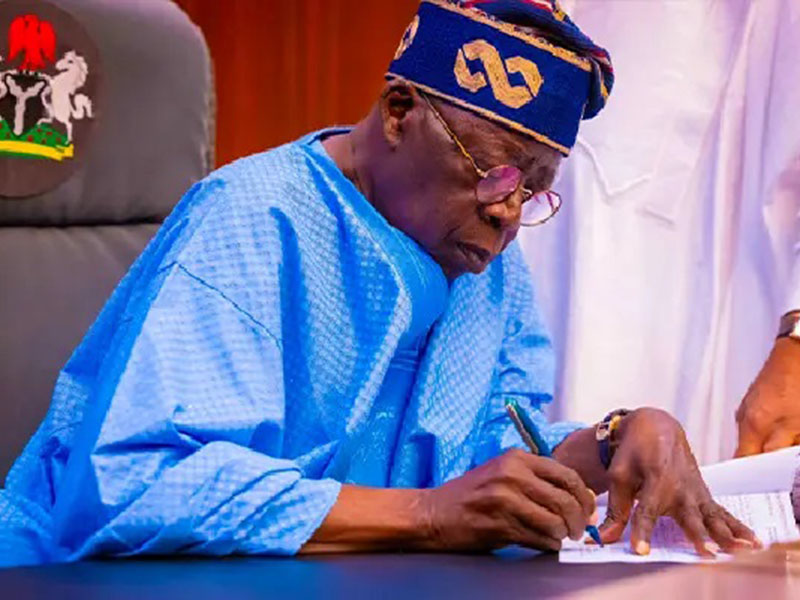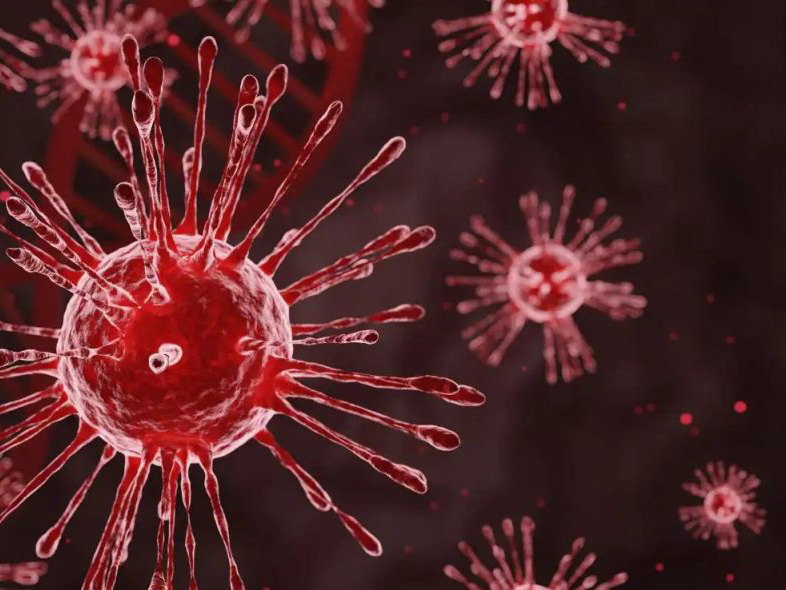A 25-year-old female National Youth Service Corps (NYSC) member has tragically passed away from Lassa fever at a secondary health facility in Ijebu North Local Government Area, Ogun State. The corps member, who had fallen ill while in Ondo State, was brought to the facility on Tuesday, March 18, 2025, and died later that day, according to a statement released by the state’s Commissioner for Health, Tomi Coker, on Wednesday.
Coker confirmed the incident as part of an official declaration of a Lassa fever outbreak in Ogun State. “The index case is a 25-year-old female NYSC member who became sick in Ondo State and was admitted to one of our secondary health facilities in Ijebu North LGA on March 18, 2025, where she unfortunately passed away the same day,” the statement read. It described Lassa fever as a viral hemorrhagic illness characterized by symptoms such as high fever, headaches, body weakness, sore throat, muscle pain, cough, nausea, vomiting, diarrhea, chest pain, and unexplained bleeding from orifices like the ears, eyes, nose, or mouth.
The commissioner urged residents to seek medical attention immediately if they experience any of these symptoms, emphasizing, “Any febrile illness unresponsive to 48 hours of anti-malaria or antibiotic treatment should raise suspicion of Lassa fever.” She also called on all health facilities—public and private—to heighten infection prevention and control measures and ensure staff compliance. Healthcare workers suspecting Lassa fever in patients were directed to contact their Local Government Disease Surveillance and Notification Officer (LGA DSNO), or reach the State Disease Surveillance and Notification Officer at 0703-421-4893 or the State Epidemiologist at 0808-425-0881.
Coker reassured the public of the Governor Dapo Abiodun administration’s commitment to safeguarding citizens’ health through vigilant surveillance and swift action against infectious diseases. She noted that the Ministry of Health, alongside the Rapid Response Team in Ijebu North East, is actively managing the outbreak with intensified monitoring and community outreach efforts to curb its spread.












